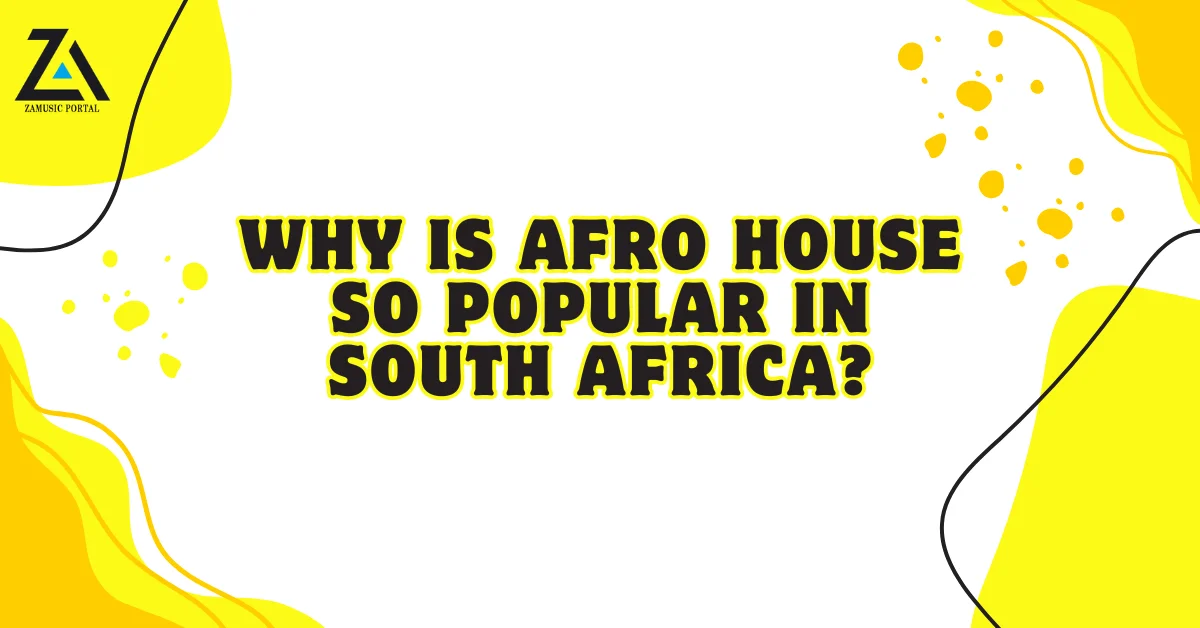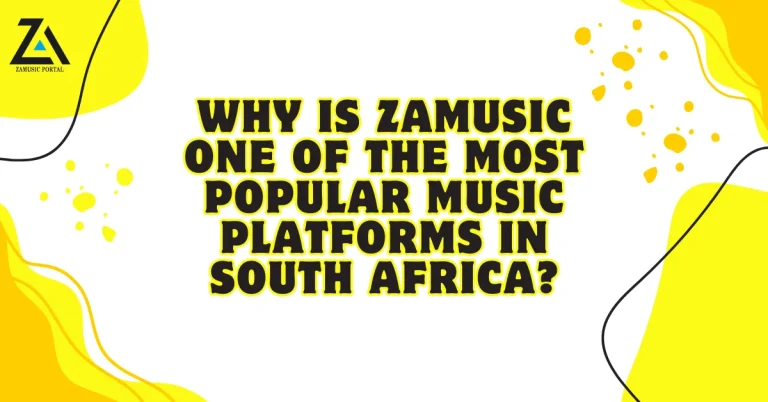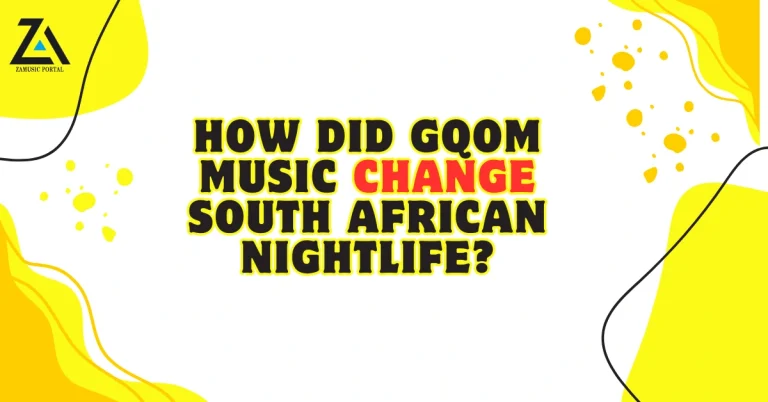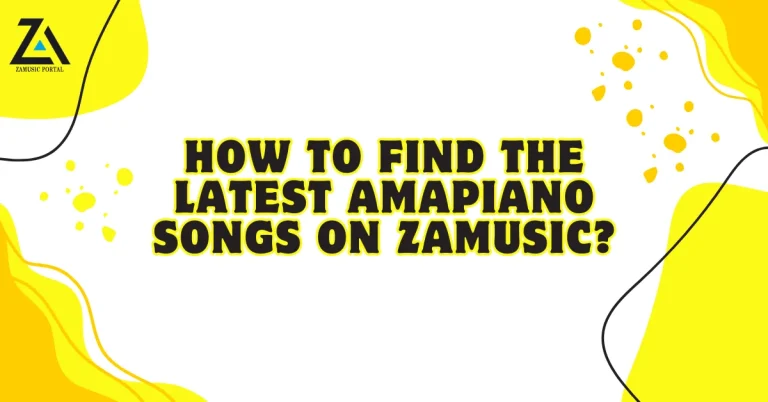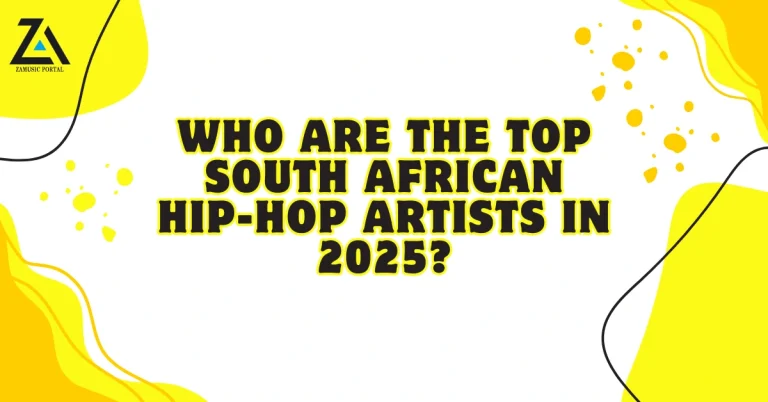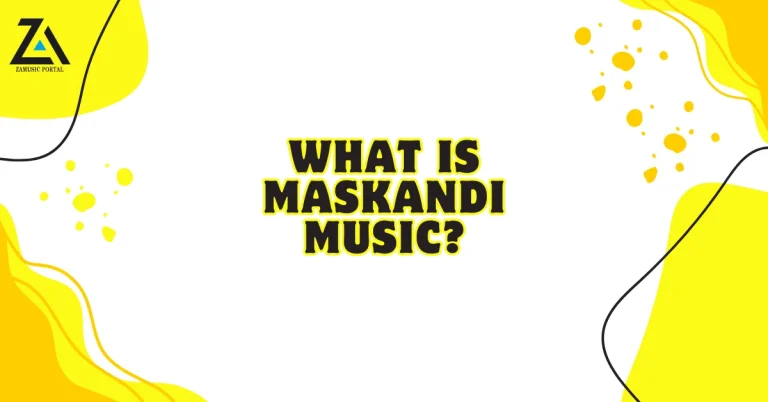Why Is Afro House So Popular in South Africa?
What makes Afro House one of the most influential electronic music genres worldwide? Rooted in South African rhythms, it blends deep house, tribal beats, and percussive elements, creating a sound that resonates globally.
How did Afro House evolve into a mainstream force shaping international dance floors?
The Origins of Afro House: A Fusion of Cultures
Afro House emerged from South Africa in the early 2000s, deeply influenced by Kwaito, deep house, and traditional African sounds. Unlike conventional house music, Afro House incorporates:
- Polyrhythmic drum patterns inspired by African tribal music.
- Soulful vocals rooted in local dialects and indigenous storytelling.
- Organic instrumentation, including percussions, marimbas, and shakers.
- Deep basslines that give it a hypnotic, danceable groove.
Producers like Black Coffee, Culoe De Song, and Shimza played a key role in shaping the genre, making it accessible to international audiences.
Why Afro House Is Gaining Global Popularity?
Afro House has seen exponential growth over the last decade, fueled by multiple factors:
1. Expansion Through Digital Platforms
Streaming services such as Spotify, Apple Music, and YouTube have provided Afro House with a global audience. Leading playlists like “African Heat” and “Deep House South Africa” expose millions to the genre.
2. Influence of Leading DJs and Producers
International artists, including Black Coffee, have taken Afro House to new heights. His Grammy-winning work has positioned the genre within major festivals like Coachella and Tomorrowland.
3. Afro House and Global Festivals
Major electronic music festivals such as Ultra Music Festival, Ibiza residencies, and Boiler Room sets frequently feature Afro House artists. The genre’s distinctive sound captivates crowds worldwide, blending cultural authenticity with electronic innovation.
4. Growth in European and Latin American Markets
Cities like Berlin, London, and Barcelona have thriving Afro House scenes, where clubs and underground events showcase its hypnotic rhythms. Latin America, particularly Brazil, has embraced Afro House, integrating it into local music movements.
5. Social Media and Viral Trends
Platforms like TikTok and Instagram have amplified Afro House through dance challenges and viral remixes. Tracks like “Osama” by Zakes Bantwini gained global recognition due to their shareability.
Key Afro House Artists Driving the Genre Forward
Several influential Afro House artists continue to shape its evolution:
- Black Coffee: A pioneer in bringing Afro House to the global stage.
- Culoe De Song: Known for deep, melodic Afro House tracks.
- DJ Shimza: Blends Afro-tech elements with Afro House.
- Zakes Bantwini: Fuses jazz influences with Afro House beats.
- Enoo Napa: A rising talent in the Afro House scene with a darker, more electronic sound.
How Afro House Connects Cultures Worldwide?
Afro House serves as a bridge between traditional African heritage and modern electronic music. This genre enables cross-cultural collaborations, leading to:
- Partnerships between Afro House and Latin artists blending Afro rhythms with reggaeton and salsa beats.
- Remixes featuring European and American DJs, expanding Afro House’s reach.
- Increased representation in global electronic music charts.
The Future of Afro House: What Lies Ahead?
With its expanding influence, Afro House is poised for sustained growth. Trends to watch include:
- Integration into mainstream pop and EDM through collaborations with global artists.
- More festival stages dedicated to Afro House, increasing visibility.
- Advancements in production technology that refine its signature sound.
Conclusion
Afro House’s rise is no coincidence. Its rich cultural roots, hypnotic beats, and growing international presence have made it a staple in global electronic music. As more artists, DJs, and fans embrace the genre, Afro House is set to leave an enduring impact on dance music worldwide.

